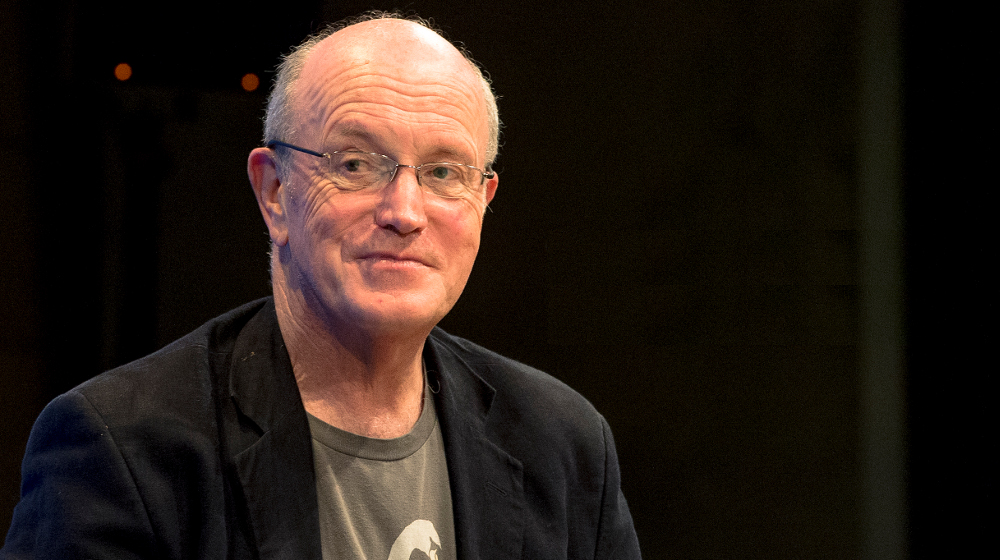The Last London: A City Abolished
Lecture by Iain Sinclair
Debate
What stories resonate through the temporal layers of the city? How does our perception of it change when we put time at the center of the urban landscape? As part of the Timescapes of Urban Change project, Iain Sinclair reflects on how our temporal attachments to the city relate with city life and its transformations.
Contemporary approaches to understanding city life tend to focus on how its spatial characteristics shape the lives of citizens. Yet cities are also temporal constructions. For instance, urban regeneration projects often seek to “revitalize” historic districts by introducing modern modes and rhythms of consumption, altering its natural rhythms. The stones of a centuries-old cathedral represent a compression of geological time that accelerates with the cement, steel and glass of towering skyscrapers. What stories resonate through the temporal layers of the city? How does our perception of it change when we put time at the center of the urban landscape?
These are questions that have long been at the centre of Iain Sinclair’s writing. A pioneer of psychogeography, his work maps out a London that is often hidden from view. Within the framework of the Timescapes of Urban Change project, Iain Sinclair will reflect on how our temporal attachments to the city relate with city life and its transformations. The session will be streamed live on the CCCB webpage, and include a reading of selected passages from Lud Heat: A Book of the Dead Hamlets, a work with which Sinclauir introduced a new approach to writing and poetic practice, which has just been translated into Spanish for the first time by Adolfo Barberá and published by Fire Drill.
Presenters: Monica Degen
Participants: Iain Sinclair








